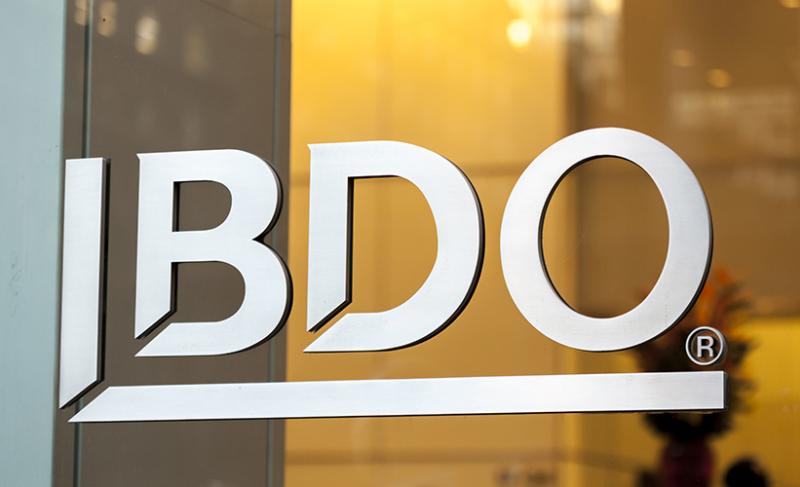TALLAHASSEE — Two months after contributing $110,000 to Gov. Rick Scott’s reelection campaign, an upstart property insurance company is likely to reap a $52 million windfall, paid from the coffers of Citizens Property Insurance Corp.
Sitting on a record cash surplus of $6.4 billion, Citizens is hoping to ink a special deal Wednesday with Heritage Property and Casualty Insurance Company, a St. Petersburg firm that opened for business nine months ago and made significant political contributions.
Heritage has donated more than $140,000 to Scott and the Republican Party of Florida in recent months, and spent tens of thousands more lobbying the Legislature. Now it’s in line to get special treatment from Florida’s state-run insurance firm in the form of an unusual and lucrative “reinsurance quota share” agreement.
If the Citizens board of governors approves on Wednesday, the state-run insurer will pay Heritage up to $52 million to take over 60,000 policies, about $866 a piece.
“It’s an opportunity to get this deal done prior to the next hurricane season,” said Citizens CFO Sharon Binnun, defending the multimillion-dollar payment. “It’s an opportunity for Citizens to get another 50,000 policies off the books before another hurricane season.”
The proposal is the latest effort in Citizens’ controversial and aggressive campaign to reduce risk and revive the private insurance market.
Proponents say the push to shrink Citizens will pay off when the next hurricane hits, saving consumers from having to bail out the state-run insurer. Critics see the campaign cash and lobbying by Heritage as evidence that Citizens and Scott are tapping the insurer’s $6.4 billion surplus for special giveaways to politically-connected companies.
“Citizens’ board continues to fall prey to Tallahassee lobbyists who cook up these get rich funding schemes,” said Rep. Frank Artiles, R-Miami.
Scott’s office said the governor played no role in the $52 million deal at Citizens, and that campaign contributions were not a factor. “We expect [the board] to approve or disapprove of this risk transfer based solely on its merits,” said Melissa Sellers, a spokeswoman for Scott. “Anything short of that would harm Citizens policyholders and Florida residents who back Citizens policies.”
Heritage’s president, Richard Widdicombe, declined comment through a spokesperson.
It’s the second time this year Citizens is looking to subsidize an upstart private insurer using its massive surplus, which has been built up over seven years as the state has dodged hurricanes. The next hurricane season starts June 1.
In February, Citizens’ board approved a deal with Weston Insurance, agreeing to pay the young company $63 million to take out 30,000 policies. Weston has spent more than $250,000 on lobbying this year, and two of Citizens’ seven board members abstained from voting due to conflicts of interest.
In both deals, the payments are structured as backdated “reinsurance” agreements, where Citizens essentially pays the company to cover Citizens’ losses on certain policies over a specified period of time. Since the period of time is in the past, the company can actively select policies that had no losses, in effect making the deal virtually risk-free.
Ever since Citizens began floating the idea of transferring millions of surplus dollars to private companies last year, critics have blasted the deals as “corporate welfare” and said they lack transparency. The Heritage proposal became public just this week, after state regulators approved it. The company could begin taking policies out of Citizens next month.
Citizens said the deals make good financial sense, and the Heritage proposal will help the state-run insurer reduce losses by $280 million in the event of a once-in-a-century hurricane.
The state-run insurer of 1.3 million policies can levy charges on consumers if a major storm wipes out its surplus, and the threat of “hurricane taxes” is driving the push to downsize.
According to Citizens, some private companies need special incentives before they will agree to take over policies, and the company’s record surplus allows it to provide a cash buffer to smaller private firms. Without the transfers, the newly formed companies likely would not have enough capital to acquire Citizens’ policies. With low reserves, they could go belly up after a major hurricane.
Paul G. Neilson, vice president of claims operations at Heritage, worked at Citizens right before joining the St. Petersburg startup last September.
Heritage has four lobbyists in Tallahassee, and spent between $60,000 and $110,000 lobbying Scott’s executive branch and the Legislature in recent months. A company spokesperson said top officials declined comment.
Heritage is not rated by A.M. Best, a highly regarded insurance rating firm that ranks firms for financial stability. It has an “A” rating from Demotech, another financial rating firm. Citizens is requiring Heritage, with more than $100 million in assets, to raise $10 million more in capital.
Under the special agreement, policyholders shifted from Citizens to Heritage will not see rates increase by more than 10 percent each year for at least three years. Coverage offerings will be similar to Citizens, which has slashed coverage in recent years.
Citizens already privatizes the vast majority of its insurance operations — transferring billions of dollars to the private sector in contracts. An audit report last year found that many of those contracts were overpriced and Citizens failed to negotiate with its contractors. The company has since agreed to tighten contracting standards.
This transfer of Citizens’ surplus to a startup firm under favorable terms is likely to raise more questions about the state-run insurer’s spending. The company came under fire last year for spending millions of dollars on luxury travel, gourmet meals, severance packages and salary raises for executives and employees.
Earlier this year, Scott called hefty raises of up to $31,000 for top executives “ridiculous” and ordered Citizens to return them.
Citizens has since embraced tougher new policies addressing the various spending issues, but has not followed Scott’s orders on the raises.
——————
Copyright 2013 – The Miami Herald
Thanks for reading CPA Practice Advisor!
Subscribe Already registered? Log In
Need more information? Read the FAQs
Tags: Benefits



